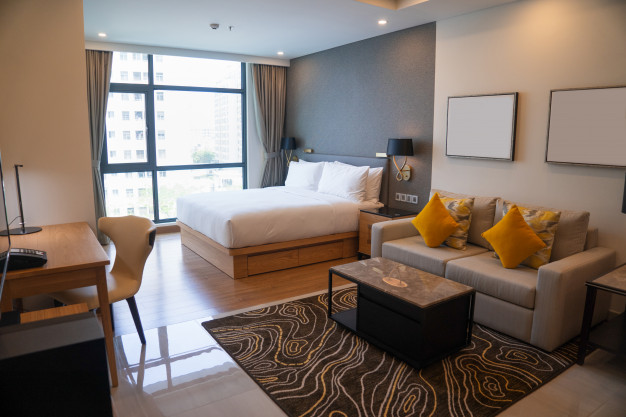Rules for renting out your home
A rental contract is only as good as the terms outlined in the document, so it’s important for a landlord to give serious thought to the information and rules that are included. These requirements will provide a means for clear communication of what is expected both of the tenant and the landlord to avoid any future legal entanglements.
1. Tenant names and occupancy term
Adding a tenant’s name to the rental contract may seem obvious, but which names to include can affect how much ground a landlord has to stand on in the event that back rent needs to be collected or other action taken.“Anyone who is listed on the lease is the responsible party for rent and any damages to the property.
2. Lease terms
Unless a rental contract is month-to-month, the lease will call for a specific time period in which the unit or home can be rented. If a time frame is given, it’s important to note whether the lease will automatically renew and under what terms.
Landlords usually have the option not to renew a lease, but in municipalities that have rent control this flexibility may not be available. In areas with rent control, a landlord is generally not allowed to evict the tenant unless there is just cause, such as failing to pay the rent or violating terms of the lease.
3. Rent, security deposits and late fees
A lease not only needs to spell out the amount of rent to be paid each month, but also where the rent is to be deposited and how. “Some landlords tell tenants they want them to go to the bank and make a direct deposit, some want an electronic payment, some want a cashier’s check, and others want them to mail a check,” Hertzog says.
4. Repairs and maintenance
Questions surrounding whether the tenant or the landlord will be responsible for such things as maintenance of appliances and upkeep of the yard should be addressed. “I’ve seen cases where a rental has bed bugs. Who is responsible for treating them? If it is the landlord, how many times will they treat it if the tenant is not following the rules to get rid of them?”
The lease should note that if a landlord needs to do maintenance and repairs, he or she will provide written notice to the tenant at least 24 hours before entering the premises, Benson says. She adds that some cities may require a 48-hour advance notice and will issue fines if that is violated
5. Restrictions, restrictions, restrictions
Many restrictions are usually included in rental agreements, ranging from whether tenants are allowed to have pets to a limit on the number of cars that can be parked on the premises.
Some landlords require tenants to obtain renter’s insurance and keep it current, Hertzog says. “I highly encourage it. The landlord’s insurance generally does not cover a tenant’s loss, and you don’t want them to try to come after you.” For those landlords who don’t make renter’s insurance mandatory, the lease should clearly state that the tenant is aware that he or she is responsible for insuring items and will not hold the landlord liable for any damages to personal possessions.
LEARN MORE
https://www.nationwide.com/lc/resources/home/articles/renting-out-your-house-tips

Leave A Comment
You must be logged in to post a comment.